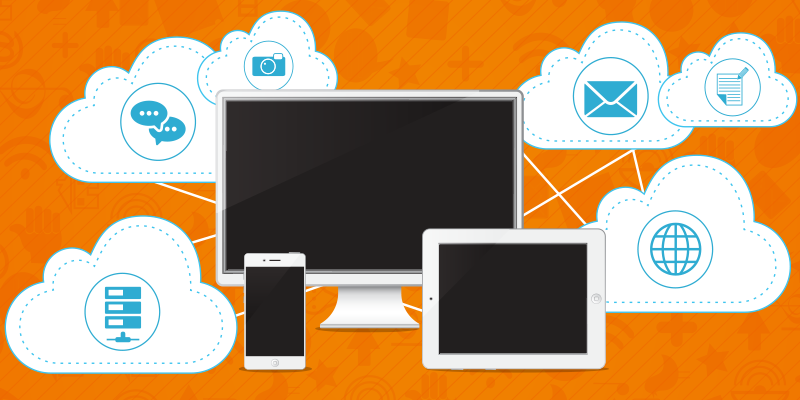 |
| https://blog.internetcreations.com |
I recently attended the Online Test Conference, and enjoyed not only the first professional-level conference I ever attended , but most of the sessions were informative and enjoyable, even if slightly over my head, being new to this world.
A few of the talks were on what to expect in the future. These, of course, I anxiously awaited - what better way to make sure I have a position, than to make sure I have value going forward. There were many things to learn, and a lightning talk at the end provided more insight.
But they missed some things, as all seers do.
Thinking things over after the excitement of finding a place where I fit in, I ended up talking to a mentor, and finally figuring out some of what I felt was missed.
The developer world is entering a mode that will help maybe balance out the the congestion of larger cities: remote work. This is an exciting, innovative time, where the choices and challenges are thrown into the spotlight. And testers have a new place that they can insert themselves into the normal workflow.
However, it means that "asking to be walked through the code", or "pairing with the other sections of the team" isn't as easy as finding the correct office or sending an internal note any more. Even in the same building, these have been issues; they are going to have to be in our thoughts when presenting results, getting feedback, and encouraging quality.
My original plan for the company I joined is having to change: I am still going to ask if I can have a meal or a drink (coffee or tea, for me, please) with people in each department. But I have to now presume that that may involve me speaking to them through the computer, and might be at awkward times. But having the social contact with the members of the development group still will pay off in the long run. I can listen to the challenges and triumphs of what they are doing, and gain a bit of insight on them. And my goal is to leave an impression that I am someone they would want to work with, and float ideas to.
Remote work is just one of the things that has to be thought about and ideas considered to go forward. Some other areas that were skimmed, but to me look important:
- Code sharing tools - is the security on these at the level where NDAs and business confidence seems to hope they are?
- The now-larger awareness of the impact on the resources and health of the devices is changing how our products are being used currently, and this will likely change even more as new markets open, and old markets are forced to change to compete.
- Changes in regulation, and in the demographics of users - where both ends of the age spectrum are using the things we build more.
- Work flow is shifting to what should be a more constant stream of feedback: how is this going to affect the traditional manual and automated tests that we need for quality?
- Following on that, the devices we use are now spanning several incarnations - which adds to the burden of quality parity for all the potential ways to access what we build.
Is future-proofing what we build and learn today a possibility?
Yes, it can be. But this is a time where the theory some businesses have been working under is going to start showing signs of stress - as a team dedicated to ensuring our customers get the highest quality product, we need to be able to shift our focus going into the next phases along with the rest of the teams.
As always, the talent to unlearn and relearn is a major section of the life in software. The amount we have to learn and know makes this the best time to be in the business - and can help us move our customers and our products to a level that makes it less of a task to meet the next big change.